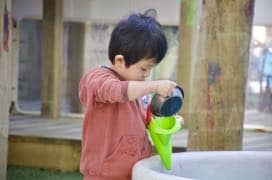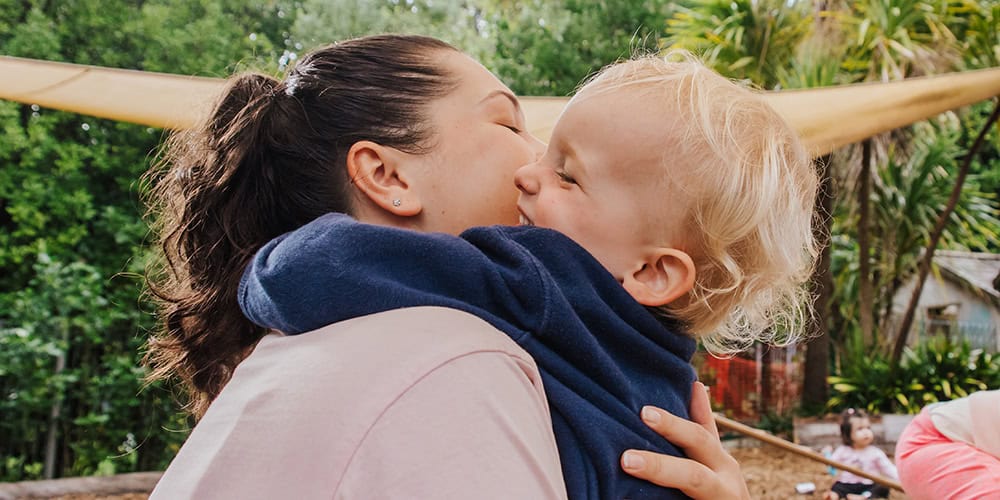theteam@theeducationhub.org.nz
Postal Address
The Education Hub
110 Carlton Gore Road,
Newmarket,
Auckland 1023
A number of international approaches to early childhood education may offer a source of pedagogical and philosophical principles to guide teaching.

An introduction to Dr Alison Clark's theory of slow pedagogies.

An introduction to enacting the principles of social justice in early childhood settings.

A description of some of the key principles underpinning Steiner education.

A summary of the key tenets of the Pikler/RIE philosophy of early childhood care and education.

An introduction to key concepts underpinning the Reggio Emilia approach to early childhood education.

An introduction to the key components of the Montessori approach to early childhood education.

Love has been positioned as a contested emotion in early childhood education, but there are strong arguments for exploring this in early childhood practice

Professor Marek Tesar (University of Auckland) and Dr Vicki Hargraves discuss the importance of incorporating children’s voices in to curriculum design and implementation in early childhood settings.